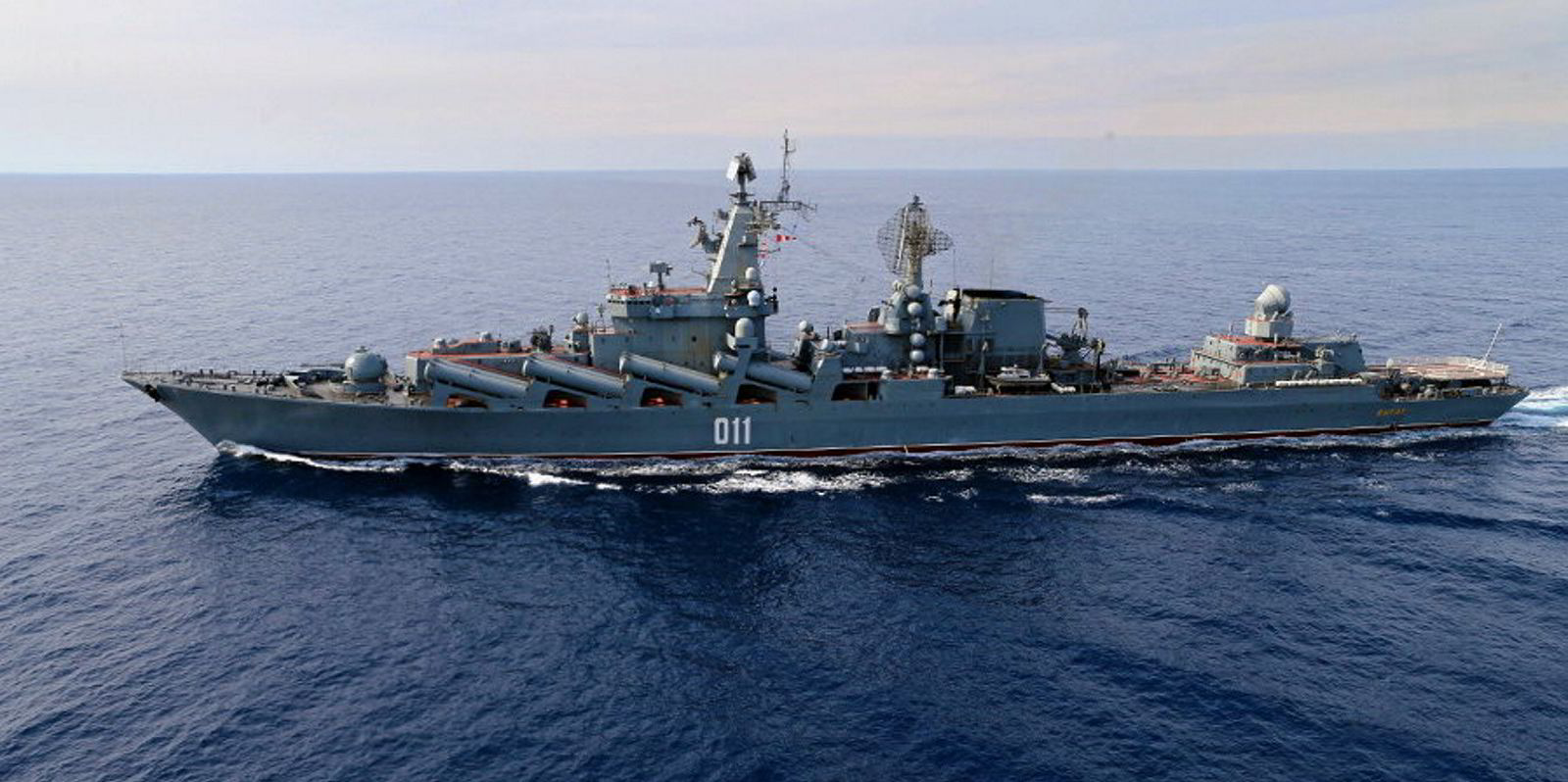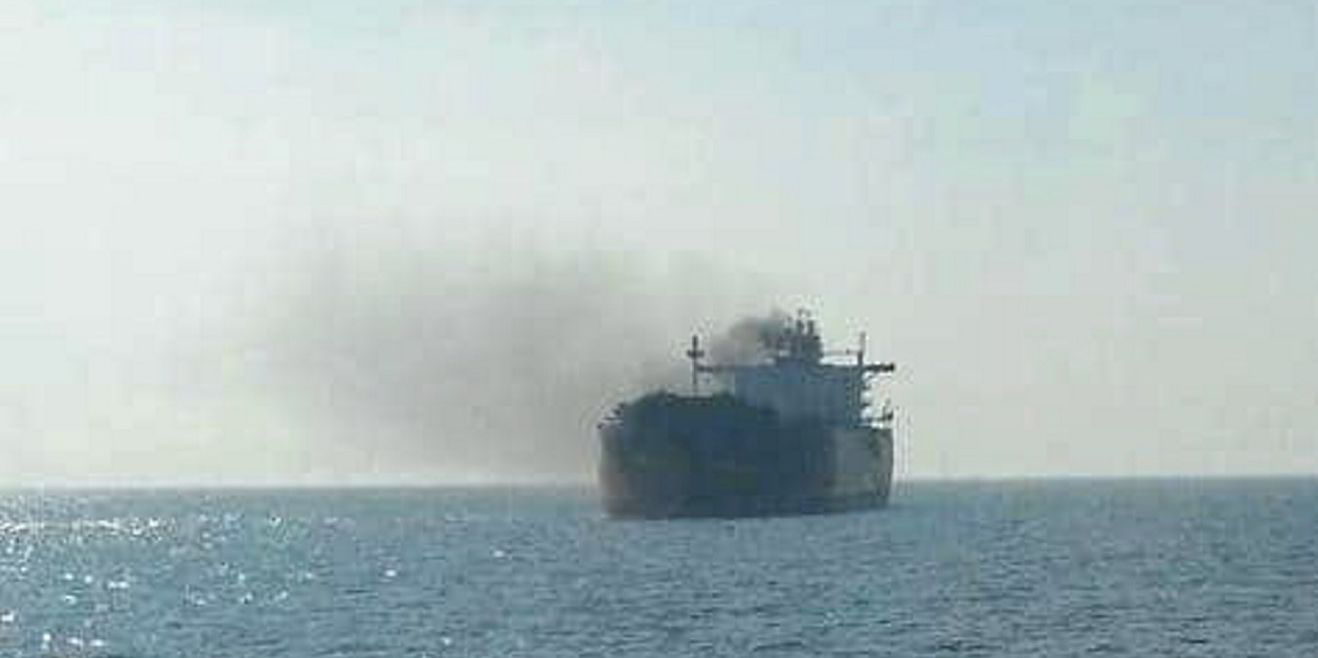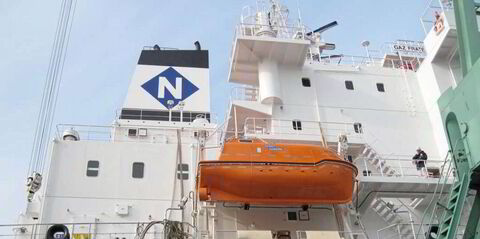The Ukraine war may start affecting hitherto booming secondhand bulker markets.
According to a source with direct knowledge of the situation, a European company in the process of buying a modern kamsarmax has rowed back from the deal in order to review the impact of Ukraine-related disruption on its other ships.
“They can’t take the risk of buying a new ship now, while they’re not sure how their other ones will operate,” the source said.
The owner in question, who initially agreed to the deal before 24 February, has a ship blocked in war-torn Ukraine — the government of which shut down operations at all its terminals on that day as Russian forces invaded.
Vessels have not been allowed to leave Ukrainian ports since or are afraid to do so, after other ships in the area were shelled as they were underway in the Black Sea.
“Owners with ships blocked in the region are tearing their hair right now,” the source said.
On top of his troubles in Ukraine, the would-be buyer saw port authorities on the other side of the world blocking Ukrainian seafarers’ crew changes to avoid getting stuck with them.
“Asian ports are refusing to let Ukrainians go on land because there are no flights to bring them back home,” the source added.
In the fog of war, matters are complicated by disputes with charterers. One Greek owner who rushed to take his vessel out of the war zone has been embroiled in a dispute with a big charterer who protested why the vessel did not stay put.
“What else was the master supposed to do — stay around while shells were flying all around him?” one Athens shipping source told TradeWinds.
Isolated case?
Other market sources speaking to TradeWinds, however, said the suspended kamsarmax deal is likely an isolated case and that sentiment in the secondhand market for bulkers remains buoyant.
“There are 16 active purchase enquiries for handies as we speak,” one Athens-based broker told TradeWinds.
Bigger bulkers have also attracted plenty of interest lately, as TradeWinds reported on 28 February.
Buying interest is underpinned by expectations that, as Ukraine and Russia drop out as suppliers of wheat and other commodities, buyers will seek to cover their needs from other providers, further away.
Spot markets seem to confirm that impression. After a setback on 28 February, the first trading day after the west rained down severe economic sanctions on Russia, Baltic Exchange spot indices crept up on 1 and 2 March.
Other analysts, however, agree that an impact will definitely be felt on the secondhand market.
“Developments in Europe will almost certainly place a ceiling on both asset prices and activity in the secondhand market in the short-term, until a clearer view of the war implications on trade can be attained by investors,” Eva Tzima, head of research at Seaborne Shipbrokers said in a report on 28 February.




